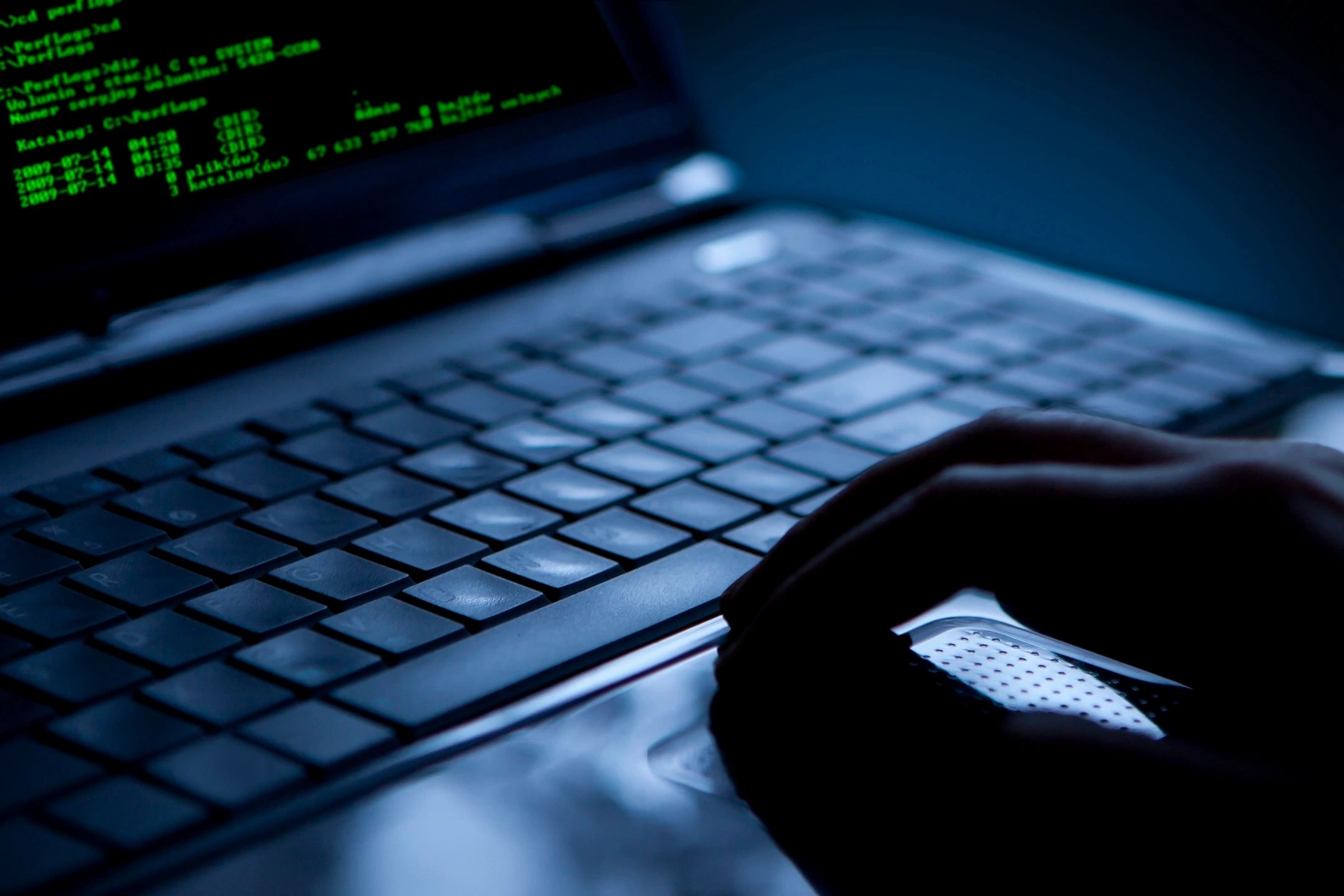South Korean President Yoon Faces Impeachment Amid Treason Allegations
South Korean opposition lawmakers announced plans to vote on President Yoon Suk Yeol’s impeachment this Saturday after his controversial attempt to impose martial law sparked public outrage and international concern. The police have launched an investigation into allegations of treason involving Yoon and top officials.
Yoon’s declaration of martial law late Tuesday aimed to consolidate power, restrict political activity, and censor the media. The move, supported by now-resigned Defense Minister Kim Yong-hyun, prompted street protests and criticism from South Korea’s allies.
The opposition Democratic Party plans to introduce the impeachment bill at 7 p.m. local time (1000 GMT) on Saturday, requiring at least eight lawmakers from Yoon’s ruling People Power Party to achieve a two-thirds majority in the 300-seat parliament. “The Yoon Suk Yeol regime’s declaration of emergency martial law caused great confusion and fear among our people,” Democratic Party lawmaker Kim Seung-won said.
Faced with mounting pressure, Yoon accepted the resignation of Defense Minister Kim on Thursday and nominated Choi Byung-hyuk, the current ambassador to Saudi Arabia, as his replacement. Kim reportedly recommended martial law and ordered troops to be deployed to parliament, a decision Vice-Defense Minister Kim Seon-ho claimed he was unaware of until the declaration was made.
The military’s leadership has also been shaken, with the army chief offering to resign. Meanwhile, police confirmed they are investigating accusations of treason against Yoon, his interior minister, and the former defense minister. The probe includes complaints filed by opposition parties and activists, with additional investigations being considered by the prosecution and the Corruption Investigation Office for High-ranking Officials.
As the crisis unfolds, the former defense minister has been placed under a travel ban while investigations progress, according to local media reports.
Impeachment Bid Follows Chaos Over Yoon’s Martial Law Declaration
South Korea’s political crisis deepened after President Yoon Suk Yeol’s martial law declaration led to dramatic clashes at the National Assembly in Seoul. Armed troops attempted to force their way into the building but retreated when parliamentary aides repelled them with fire extinguishers.
The commander of the martial law troops insisted there was no intent to use firearms against civilians, and Vice Defense Minister Kim Seon-ho stated that troops were not provided with live ammunition. Democratic Party lawmaker Kim Seung-won praised the resistance, saying, “The people and the aides who protected parliament protected us with their bodies. The people won, and it’s now time for us to protect the people.”
Public protests erupted across the nation, with many fearing a return to South Korea’s authoritarian past. “For the sake of my children, this must be stopped no matter what,” said Kim Hye-Min, a demonstrator outside parliament. “We cannot go back to the 1970s.”
The crisis has unsettled global financial markets, with South Korea’s KOSPI index experiencing sharp volatility. Currency traders reported suspected state intervention to stabilize the won.
If the impeachment bill is passed, South Korea’s Constitutional Court will have up to 180 days to decide whether to uphold it. During that time, Prime Minister Han Duck-soo would serve as interim leader. If Yoon were removed from office, a new presidential election would be required within 60 days.
Yoon, a former prosecutor, narrowly won the 2022 presidential election in the closest race in South Korea’s history, capitalizing on public discontent over economic policies, corruption scandals, and social divides. However, his approval ratings have hovered around 20%, and the opposition party has solidified its dominance in parliament, controlling nearly two-thirds of the seats since April’s election.



